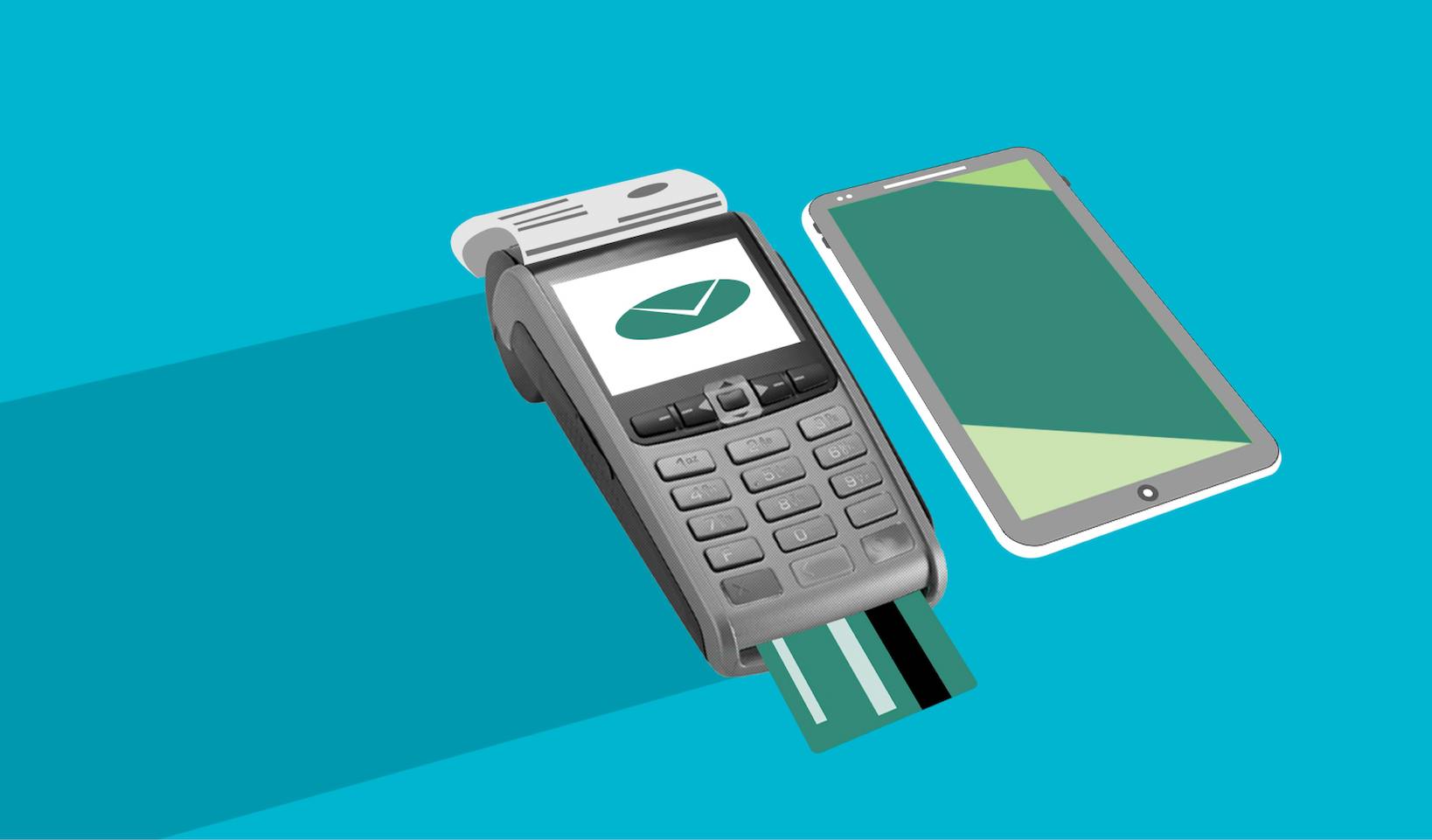In today’s hyper-competitive business landscape, fostering meaningful customer relationships is paramount. A well-thought-out Customer Relationship Management (CRM) strategy can not only enhance customer satisfaction but also drive loyalty, retention and business growth. Leveraging a CRM system effectively allows organisations to streamline their interactions with customers, analyse their needs, and offer personalised experiences.
Whether you are a small business owner or a leader in a multinational corporation, these top CRM strategies will help you transform your customer relationships and propel your business to new heights.
1. Understand your customer journey
Every successful CRM strategy begins with a deep understanding of the customer journey. This includes mapping out the various stages a customer goes through – from awareness and consideration to purchase and post-purchase engagement.
Steps to implement:
- Create a customer journey map: Identify key touchpoints where your business interacts with customers.
- Analyse customer pain points: Pinpoint areas where customers face challenges and address them effectively.
- Segment customers: Group customers based on their journey stage, preferences and behaviour.
By gaining a clear picture of the customer journey, you can tailor your CRM strategies to meet customer needs at every stage, creating seamless and rewarding experiences.
2. Personalisation: the key to building strong connections
Personalisation is no longer optional; it’s a requirement for creating impactful customer relationships. Today’s customers expect businesses to understand their unique needs and preferences.
Best practices for personalisation:
- Use data effectively: Leverage your CRM’s data analytics capabilities to track customer behaviour, purchase history and preferences.
- Segment your audience: Create personalised marketing campaigns for different customer segments.
- Engage across channels: Deliver consistent, personalised experiences across email, social media, websites and in-person interactions.
Example: Sending a birthday email with a special discount or recommending products based on a customer’s purchase history demonstrates thoughtful personalisation.
3. Embrace automation to streamline processes
Automation can significantly improve efficiency by handling repetitive tasks, allowing your team to focus on building meaningful relationships.
How to utilise CRM automation:
- Automated follow-ups: Schedule emails or messages to nurture leads and maintain engagement.
- Task management: Automate task assignments and reminders for your sales and support teams.
- Customer support: Implement chatbots for instant responses to common customer inquiries.
By automating mundane processes, you can ensure timely and consistent communication while freeing up resources for higher-value tasks.
4. Leverage data analytics for actionable insights
Your CRM system is a goldmine of data. Analysing this data enables you to make informed decisions, predict customer behaviour, and refine your strategies.
Key areas to focus on:
- Customer trends: Identify buying patterns and seasonal trends.
- Predictive analysis: Use machine learning models within your CRM to forecast future behaviour.
- Performance metrics: Track key performance indicators (KPIs) such as conversion rates, customer lifetime value (CLV) and churn rates.
Regularly reviewing and acting on these insights will help you optimise customer experiences and improve your ROI.
5. Foster collaboration across teams
Customer relationships are a shared responsibility across your organisation. CRM systems can act as a central hub for collaboration, ensuring every team has access to the information they need.
Tips for cross-team collaboration:
- Unified CRM platform: Use a single CRM platform that integrates data from sales, marketing and customer service.
- Shared goals: Align departmental goals with overall customer relationship objectives.
- Internal communication tools: Use CRM’s built-in communication features to streamline discussions and share updates.
When all teams work together seamlessly, customers receive a consistent and cohesive experience, enhancing their trust and satisfaction.
6. Prioritise mobile CRM for on-the-go access
In an increasingly mobile world, having access to CRM tools on the go is essential. Mobile CRM allows sales and support teams to interact with customers anytime, anywhere.
Advantages of mobile CRM:
- Real-time updates: Access and update customer information in real time.
- Improved productivity: Enable field sales teams to close deals faster.
- Enhanced customer support: Provide instant responses to customer queries.
Choose a CRM solution with robust mobile capabilities to empower your team and maintain connectivity with your customers.
7. Deliver exceptional customer support
Superior customer support is a cornerstone of strong customer relationships. A CRM system can help you provide fast, efficient, and personalised support.
Strategies for exceptional support:
- Centralised support tickets: Manage all customer inquiries in one place.
- Knowledge base: Create self-service portals where customers can find answers to common questions.
- Proactive outreach: Use CRM data to anticipate issues and offer solutions before customers reach out.
When customers feel valued and supported, they are more likely to stay loyal and recommend your business to others.
8. Regularly update and clean your CRM data
A CRM system is only as good as the data it contains. Outdated or inaccurate information can lead to missed opportunities and inefficient operations.
Best practices for data management:
- Schedule regular audits: Periodically review and clean your CRM database.
- Automate data entry: Minimise human error by automating data collection processes.
- Ensure data accuracy: Validate new data at the point of entry to maintain accuracy.
Clean, up-to-date data ensures that your CRM strategies are based on reliable information, leading to better results.
9. Focus on customer retention
Acquiring new customers is important, but retaining existing ones is even more critical for long-term success. Loyal customers tend to spend more and are more likely to advocate for your brand.
Retention strategies using CRM:
- Loyalty programs: Track and reward loyal customers through your CRM.
- Post-purchase engagement: Follow up with customers to ensure satisfaction and encourage repeat purchases.
- Feedback collection: Use surveys and feedback forms to understand customer needs and improve services. Email marketing can be integrated into most CRM software and can be really useful here. Take a look at our email marketing services for more information.
Retaining customers is often more cost-effective than acquiring new ones, and a well-implemented CRM strategy can make this process seamless.
10. Train your team to maximise CRM usage
The success of your CRM strategy depends on how well your team uses the system. Comprehensive training ensures that everyone understands the CRM’s capabilities and can use it effectively.
Training tips:
- Role-specific training: Tailor training sessions to the needs of different departments.
- Ongoing support: Provide access to resources like tutorials, FAQs and support teams.
- Encourage adoption: Highlight the benefits of the CRM system to increase buy-in from employees.
A well-trained team will not only use the CRM efficiently but also contribute to achieving your business goals.
11. Continuously evolve your CRM strategy
The business world is dynamic, and so are customer expectations. Regularly revisiting and refining your CRM strategy ensures that it remains effective and aligned with your business goals.
Steps for continuous improvement:
- Monitor performance: Regularly review CRM analytics to identify areas for improvement.
- Stay updated: Keep up with CRM trends and new features.
- Customer feedback: Use feedback to refine your approach and address emerging needs.
By embracing a mindset of continuous improvement, you can ensure your CRM strategy remains relevant and impactful.
Conclusion
Transforming your customer relationships through effective CRM strategies is an investment that pays off in loyalty, satisfaction, and revenue growth. By understanding the customer journey, personalising experiences, leveraging automation and data analytics, and fostering collaboration, you can build stronger connections with your customers.
The key to success lies in regularly updating your CRM strategies, training your team, and staying adaptable to changing customer needs. Whether you’re just starting with CRM or looking to optimise your existing setup, these strategies will set you on the path to success.
Remember, strong customer relationships are the foundation of any thriving business. Start implementing these strategies today and watch your business grow as your customers become your most passionate advocates. If you’re looking for help with CRM, take a look at our CRM consulting service and our CRM setup service.


